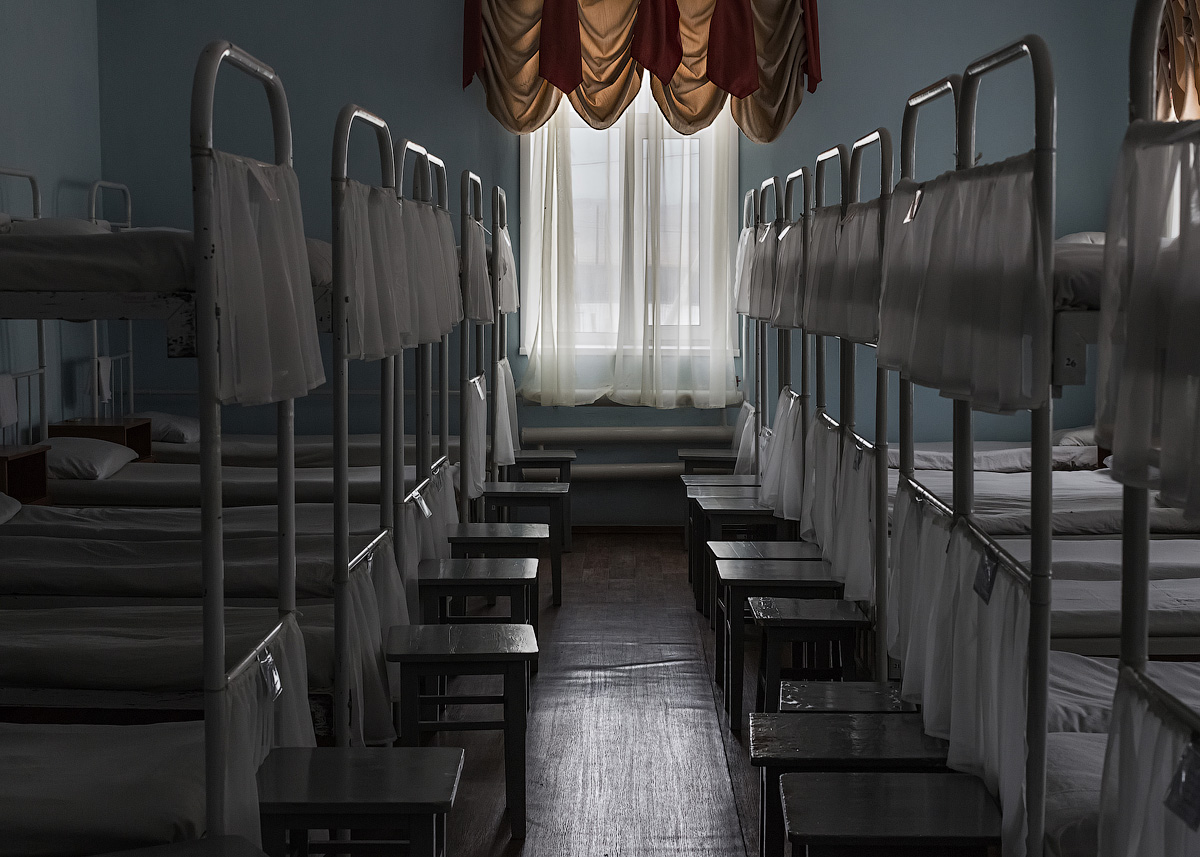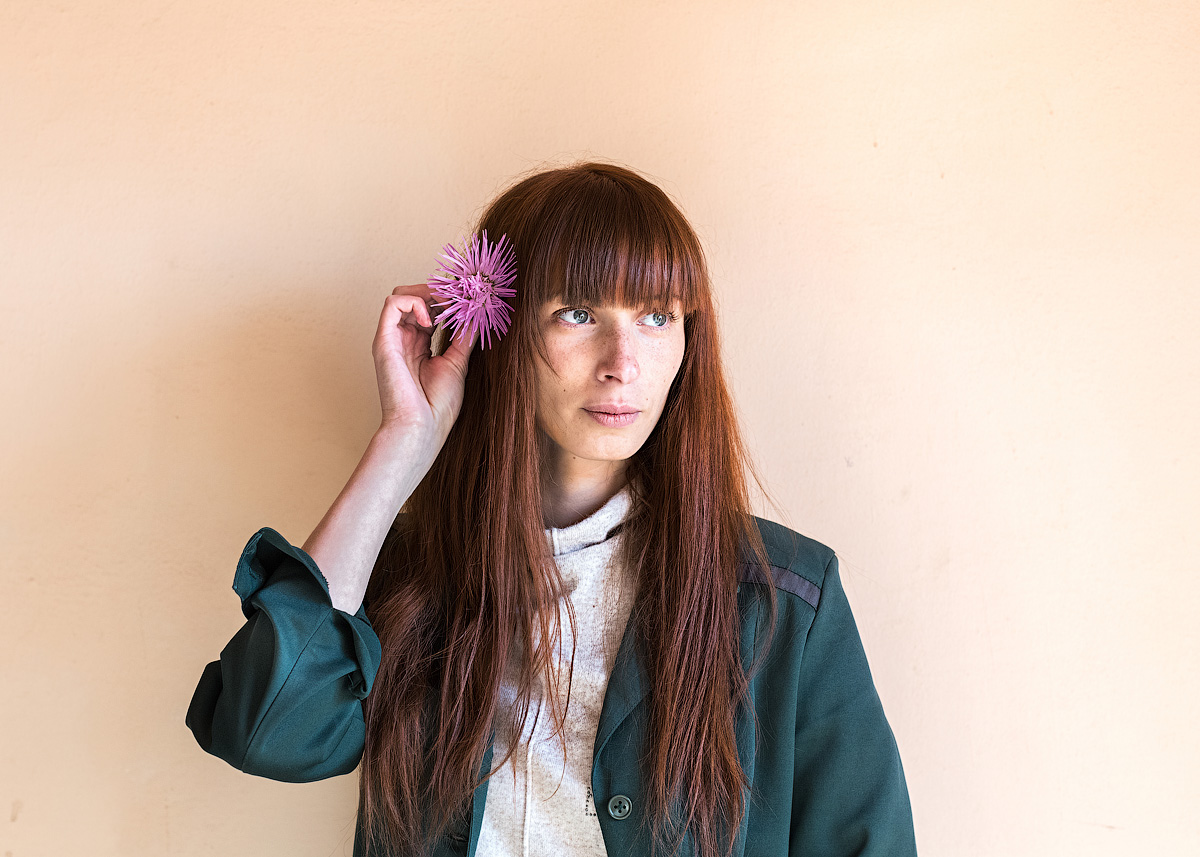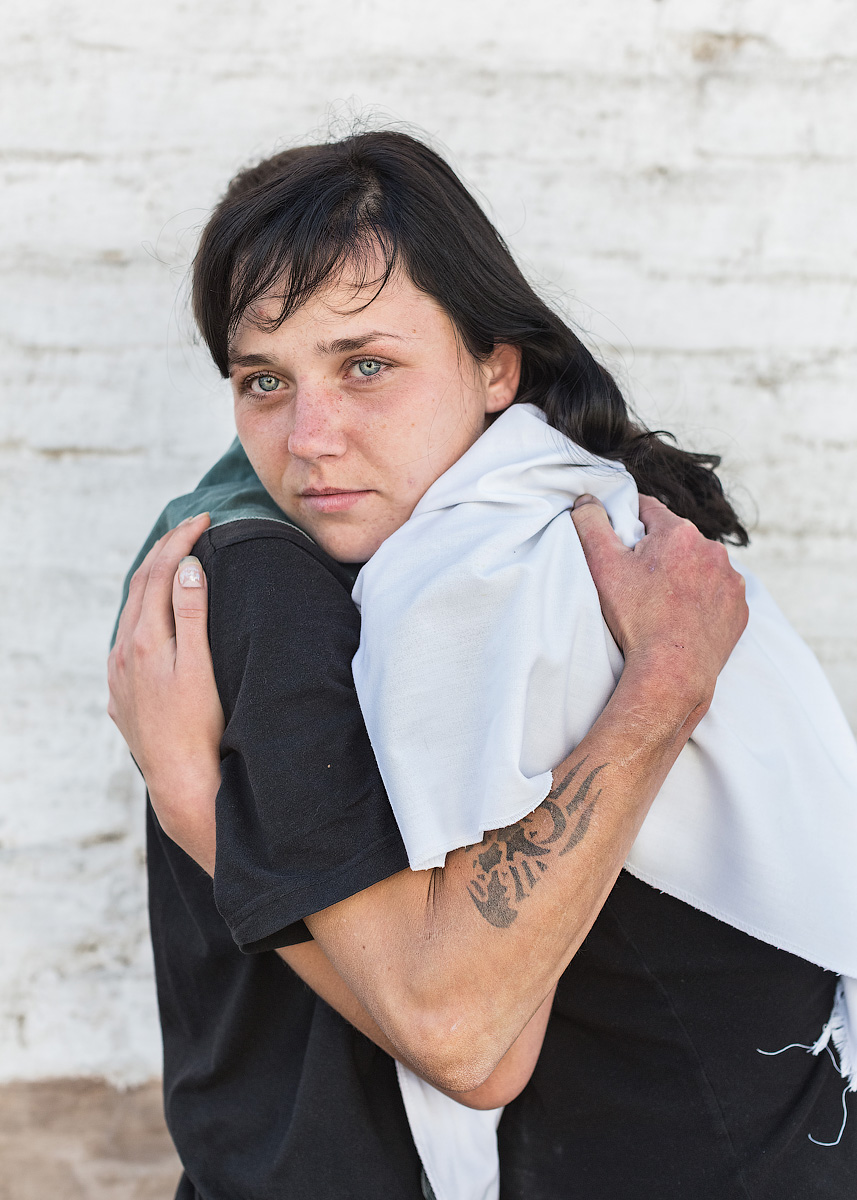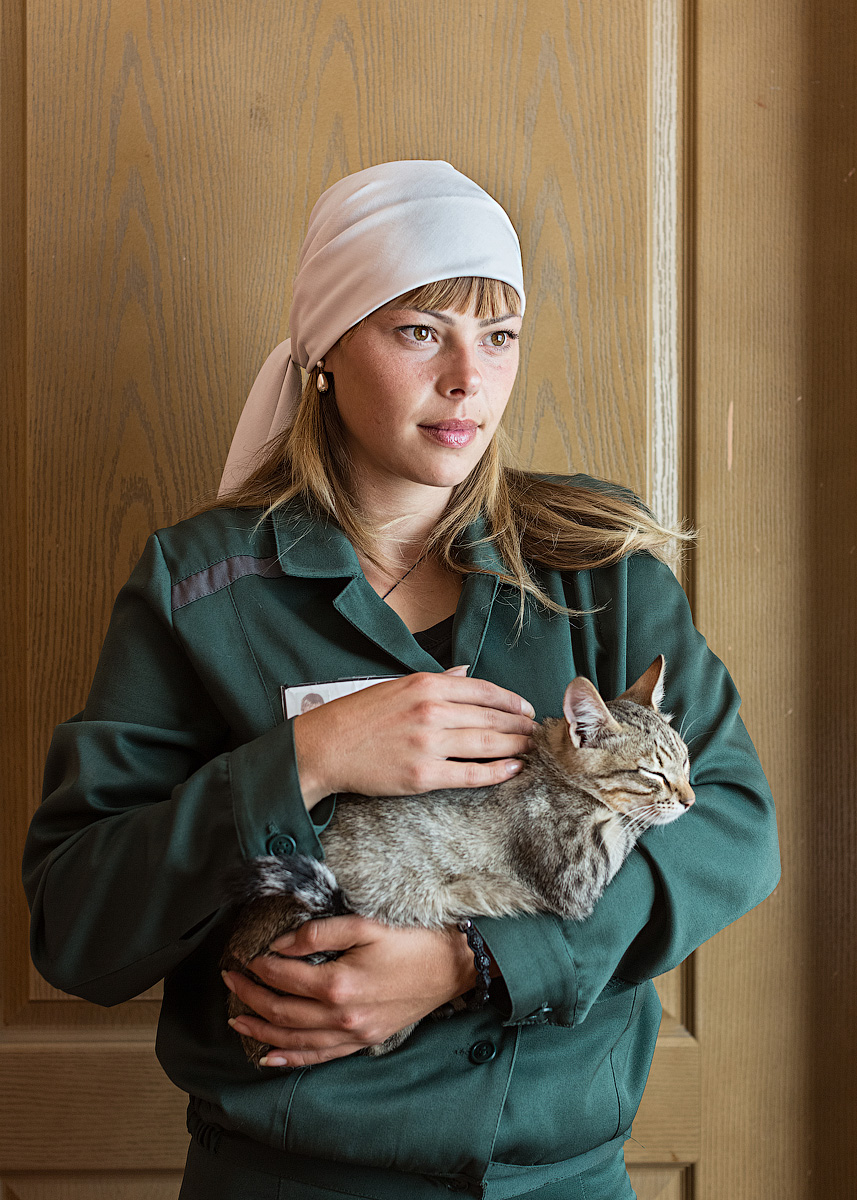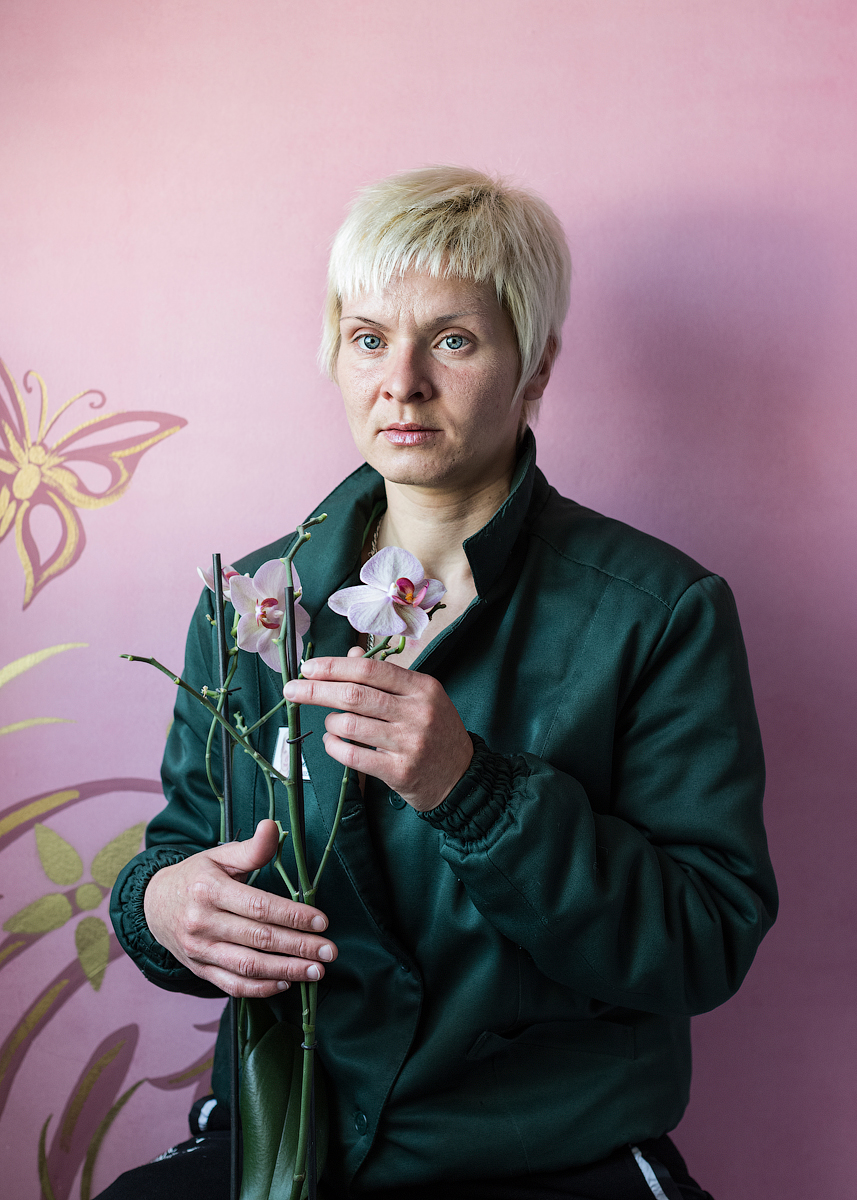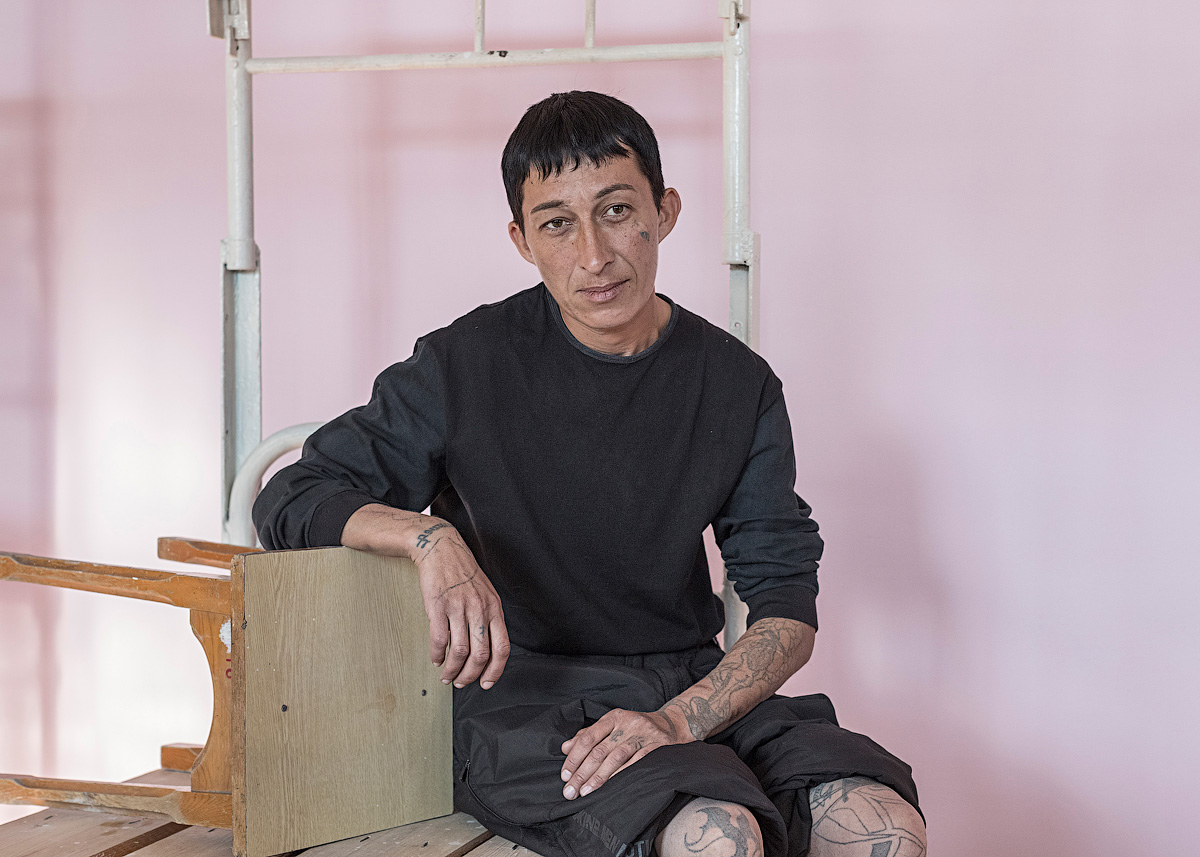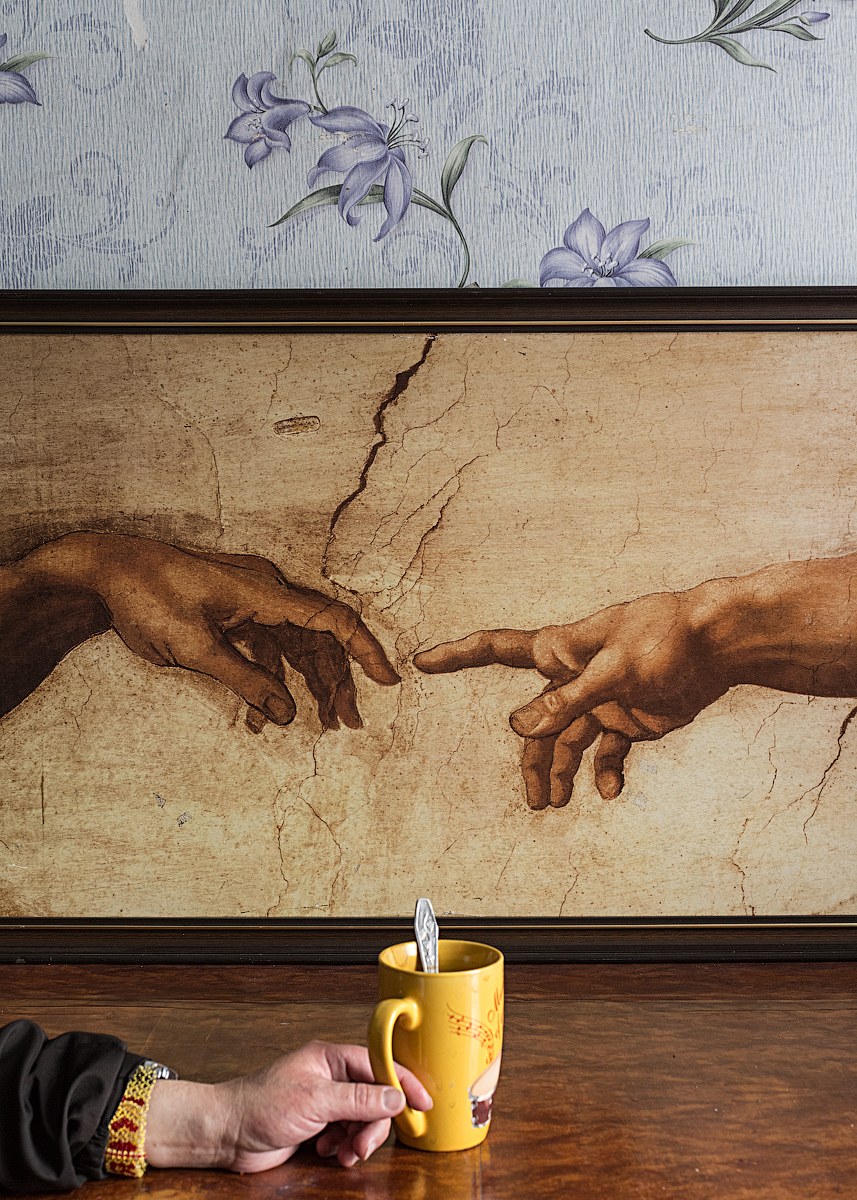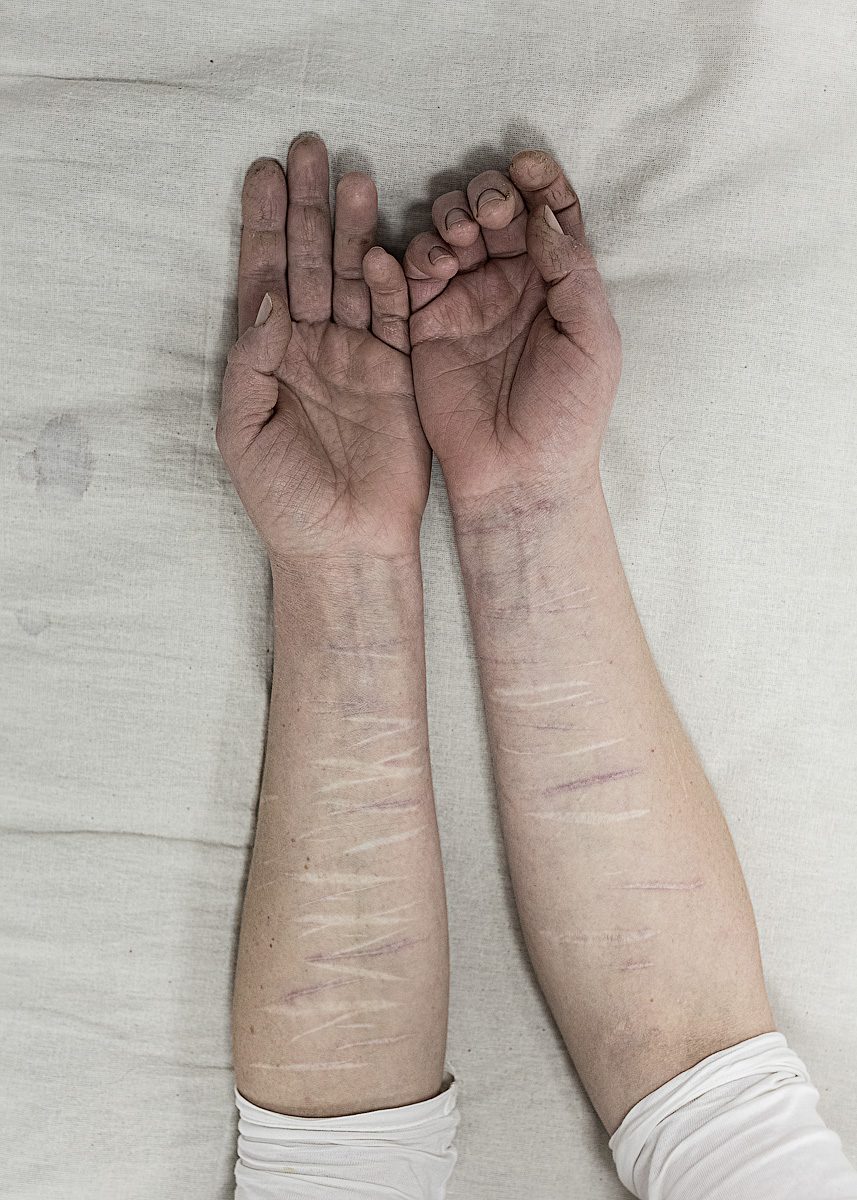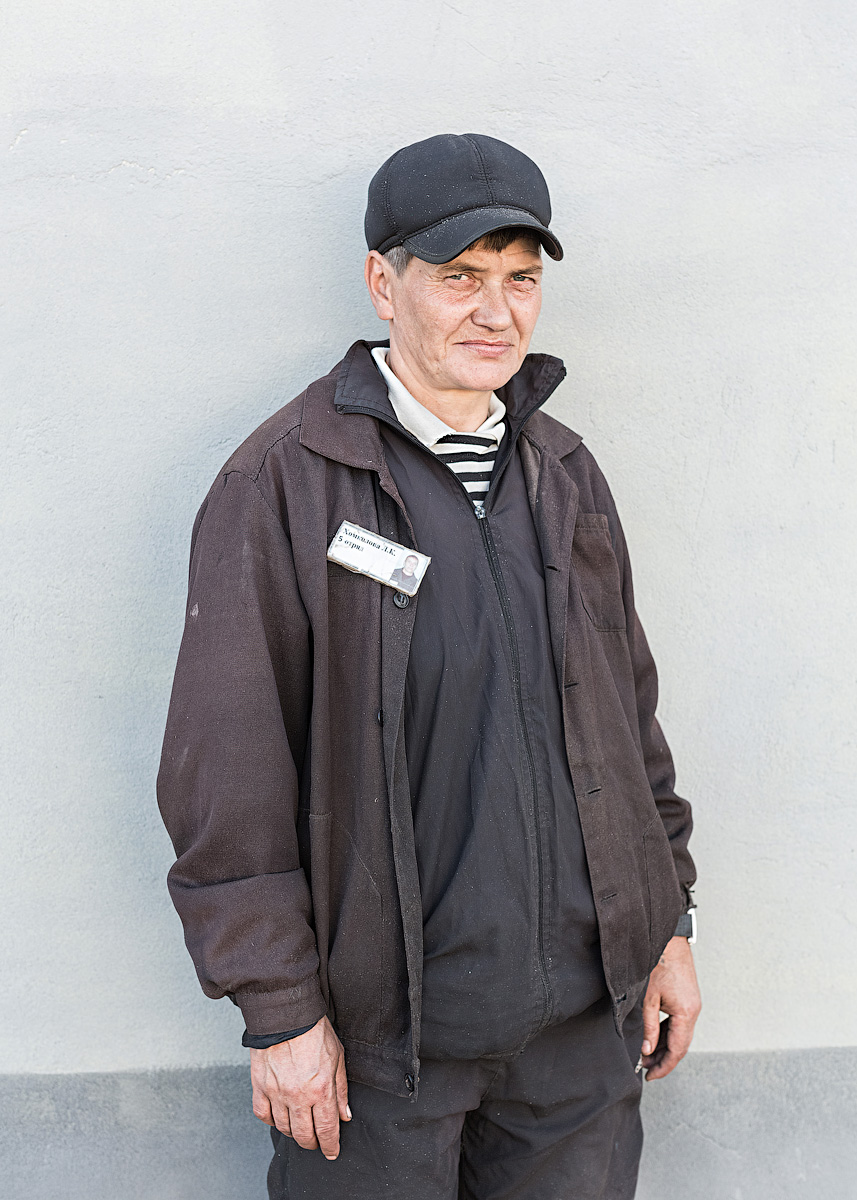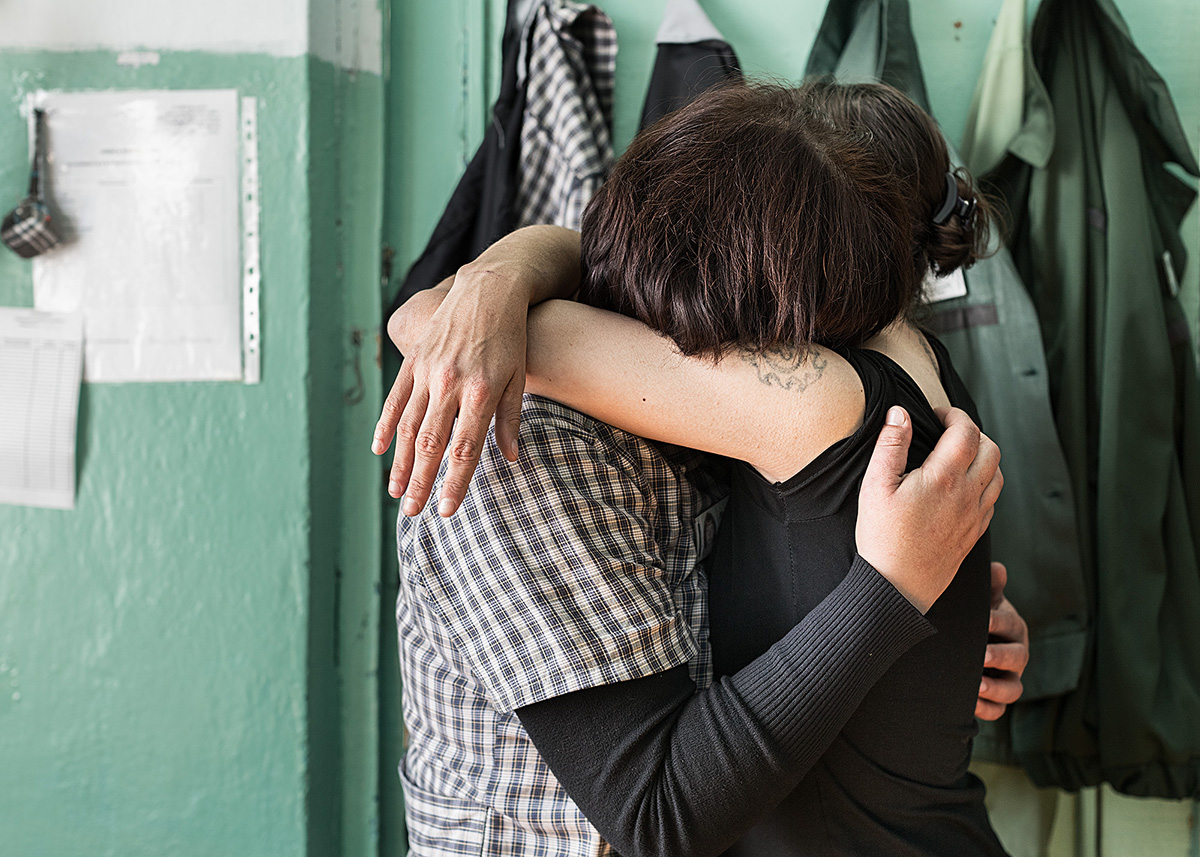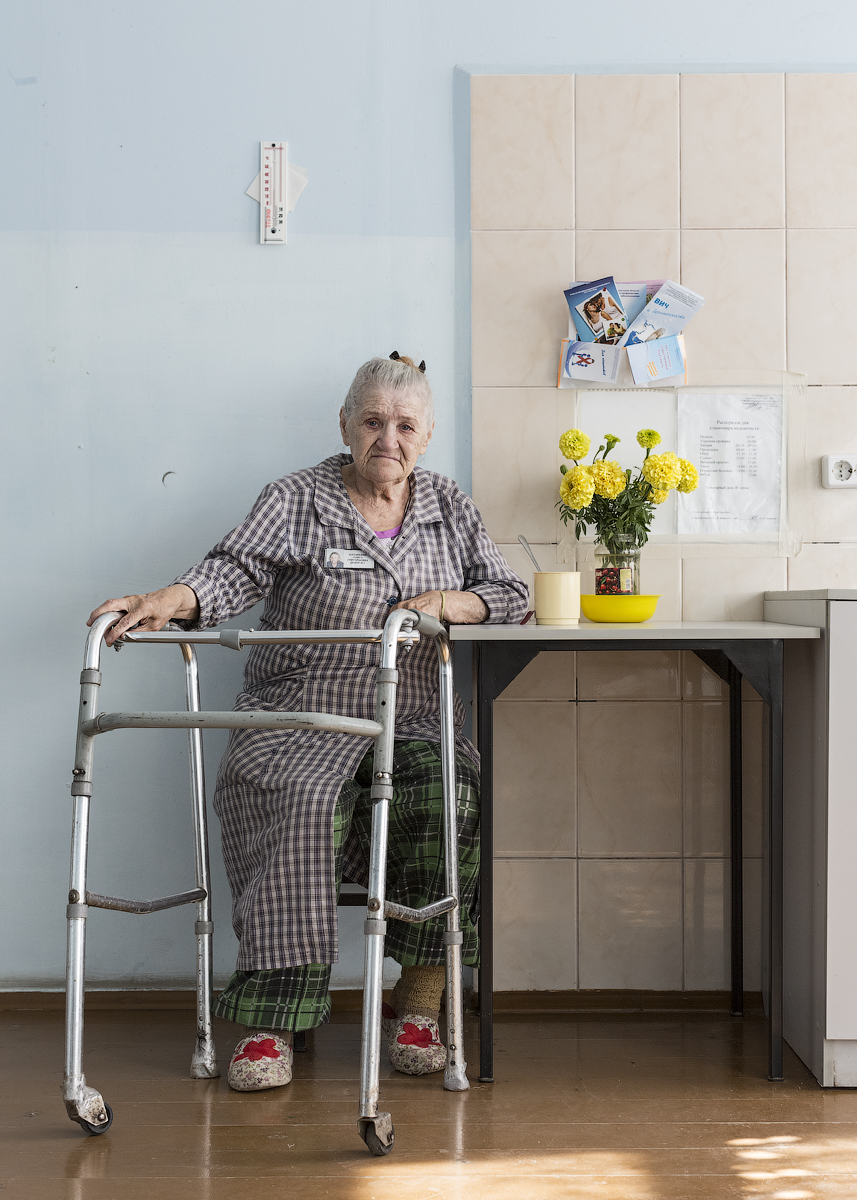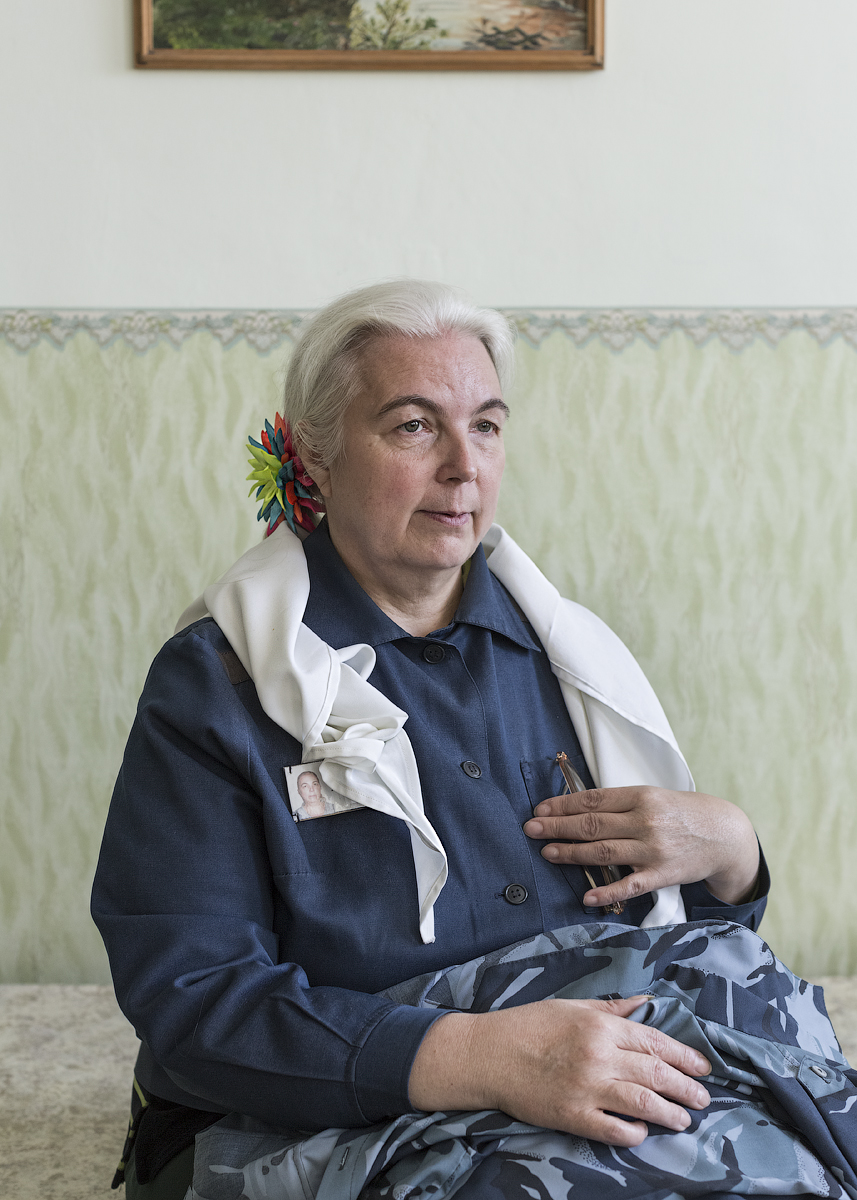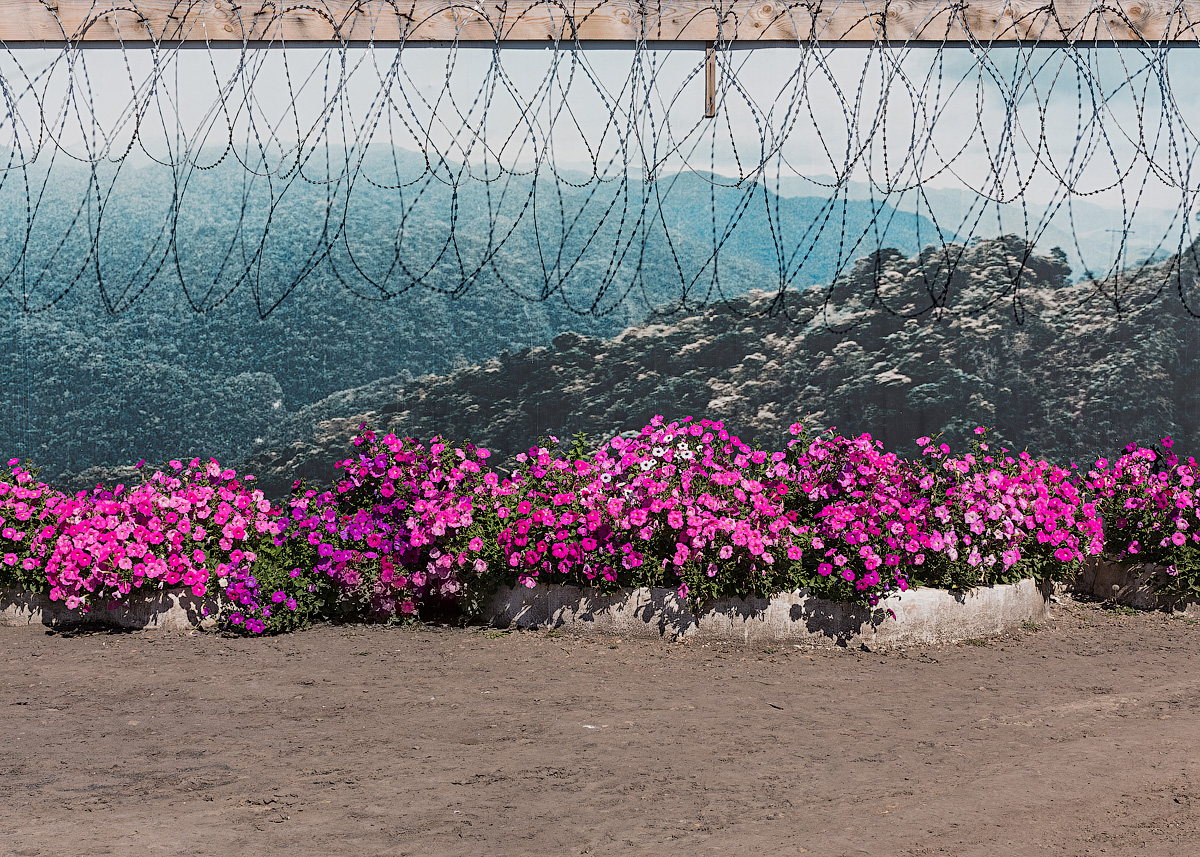Q&A: Elena Anosova
Originally hailing from the picturesque region of Baikal, artist Elena Anosova (born in 1983) is currently based in Moscow and Irkutsk.
Anosova’s work is centered around lives of women in closed institutions. The impulse of research of such communities arose in a reflection of her teenage period spent at the closed rehabilitation boarding school. She would like to takes a closer look at the dynamic interplay of processes of isolation and surveillance, at unique qualities of emotional and social relationships within restrictions of artificially insulated societies. Also Elena Anosova works with subjects of borders, identity and collective memory in the territory of Siberia and Russian Far East.
By Hamidah Glasgow | December 29, 2016
In Section, I take interest in processes of isolation and supervision, relationship and restrictions in women's societies. For several months I was in several prison colonies for women in the Siberia. In Russia almost exultant romanticization of the prison with all rogue romanticism coexists hand in hand with fastidious antagonism of everyday life and living habits of inmates. Working on the project I realized that prison community is a model of our socium. With the development of technologies and Internet various monitoring systems became part of our everyday life. Total surveillance of all the aspects of social, economis, private life became possible. Everybody can become an object of surveillance with further public accessibility to the private and intimate. Nobody is protected. This situation lies at the root of paranoid psychosis that penetrates a considerable part of our society. In the enclosed space of prison a woman is always in the position of being watched, deprived of physical and even supposed possibility to be alone. Years long state of complete nudity and loss of intimate space cripples personality put in the society as merciless as the cruelty of crimes she committed. In the project I don't concentrate on the details of the convicted women's everyday life. It is more important for me to show their gaze trying to isolate themselves, faces and gestures changed by constant watch by the public authorities and cellmates. Details of the private and the intimate, brought out forcedly to the public view and judgment.
“A real subjection is born mechanically from a fictitious relation [...] He who is subjected to a field of visibility, and who knows it, assumes responsibility for the constraints of power; he makes them play spontaneously upon himself; he inscribed in himself the power relation in which he simultaneously plays both roles; he becomes the principle of his own subjection.” ― Michel Foucault, Discipline and Punish: The Birth of the Prison
HG: Your exploration of surveillance and lack of privacy in Siberian women’s prisons can be seen as an extension of the lack of rights that these women have in society. Even though you don’t focus on crimes the women committed, many of them are in prison for defending themselves from domestic abuse, is that the case?
EA: In Russia there are serious issues in relation to the acute problem of domestic violence and violence in general. Historically, our culture does not accept "wash dirty linen in public" and it is not appropriate to discuss family staff outside the house. Violence can be a matter of fact for a long time and in some stage the woman cannot hold it more, because the children also become subject of violence… In the past there were no complains about this type of a behaviour so it is difficult to prove that this acts were frequent. My country is still traditional one, it remains patriarchal and we can easily notice that in the countryside. We have this saying “to beat means to love”; in our days we look at this point of view not as a standard, but as acceptable.
HG: Tell me more about women’s standing in Russia/Siberia and their ability to have protection from and/or bring charges against their abusers?
EA: Only 10-12% of victims of sexual violence in Russia go to the police, and in only one in five cases the police takes a statement. To court go only 2.9% of criminal cases. These are the statistics that have been accumulated over more than 20 years by the fellow workers of Centre “Sisters” that support victims of violence. These figures largely reflect the public opinion for victims of violence that exists in my country, summarized “My own fault”. Even the victim is a child. Almost half of Russians believe that victims of violence are the ones to blame for what happened. Half of the respondents are also convinced that public statements about violence destroy traditional values such as family, loyalty, love.
HG: How does this ongoing lack of power affect the women in prison?
EA: Among the staff of women's prisons, almost half are women, including the head of the colony. They are engaged in leadership, educational, training, servicing positions. All internal - maintenance work – is executed by heavy and ordinary prisoners – cooking, repairs, construction of buildings, work in boilers, etc. Of course all convicts work, mainly in the clothing industry. Women's Community in a closed system builds a hierarchy of relationship itself. Unfortunately, there is always violence in these institutions, not only on the administration side, but also much more as internal conflicts and tensions.
HG: In Michel Foucault`s quote that you use it occurs to me that women are policed and subjugated in society long before they end up in prison. Would you agree?
EA: At the macro-social level, this control is implemented by means of laws, regulations and decrees, constantly updated by the local administration; at the micro-social – through a complex system of unwritten rules and unvoiced protocols. In this and in another case, there is a wide range of punitive tools of varying degrees of violence.
HG: Congratulations on receiving the 2016 Center Project Launch Grant. I look forward to seeing more great work from you in the future.
